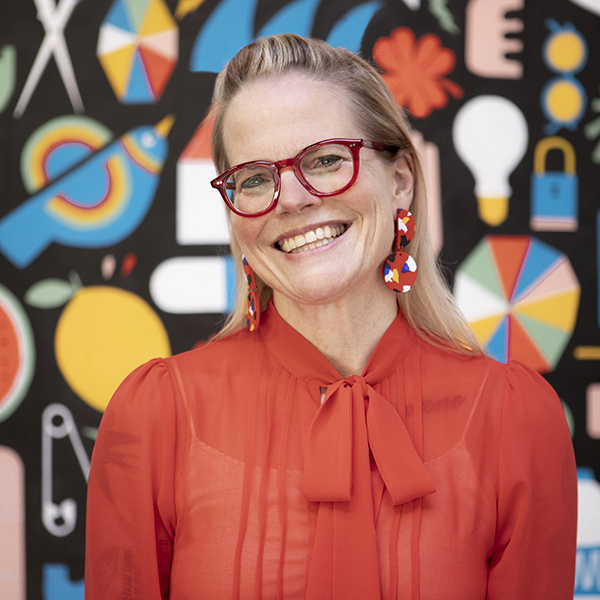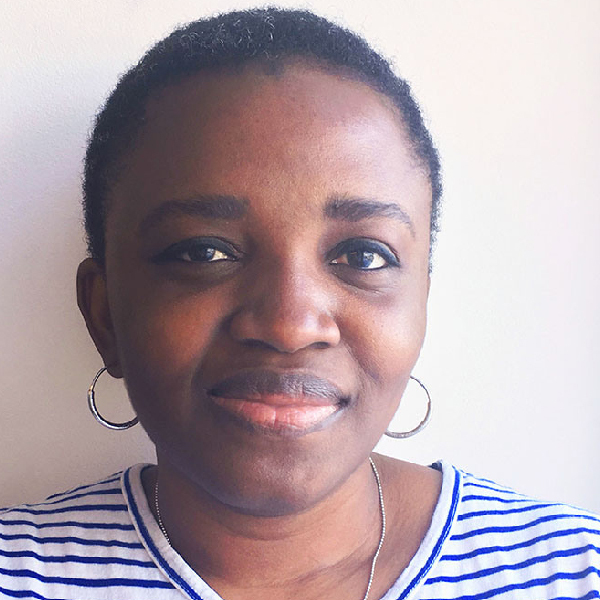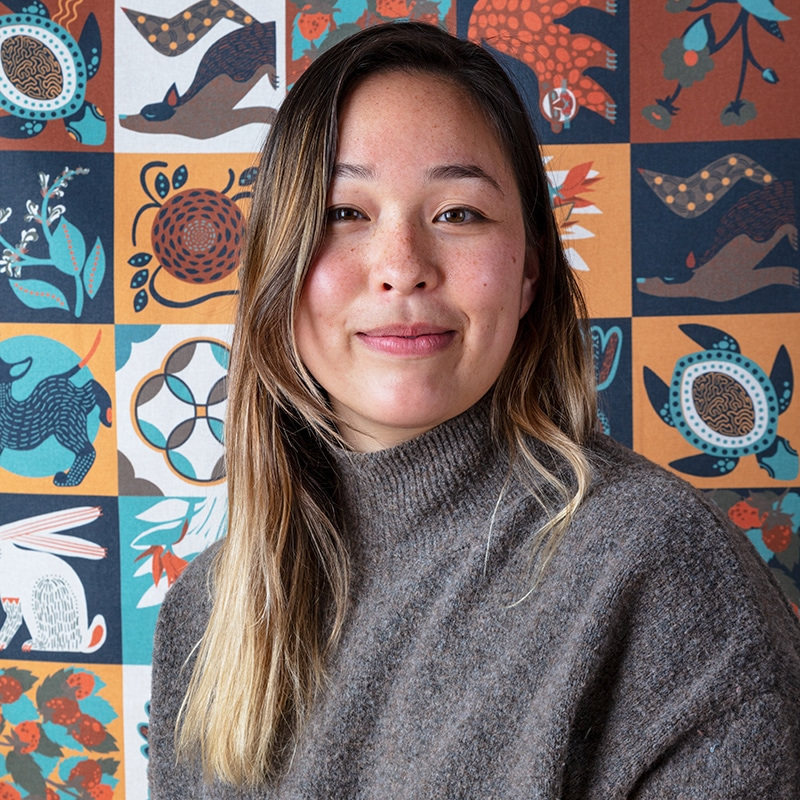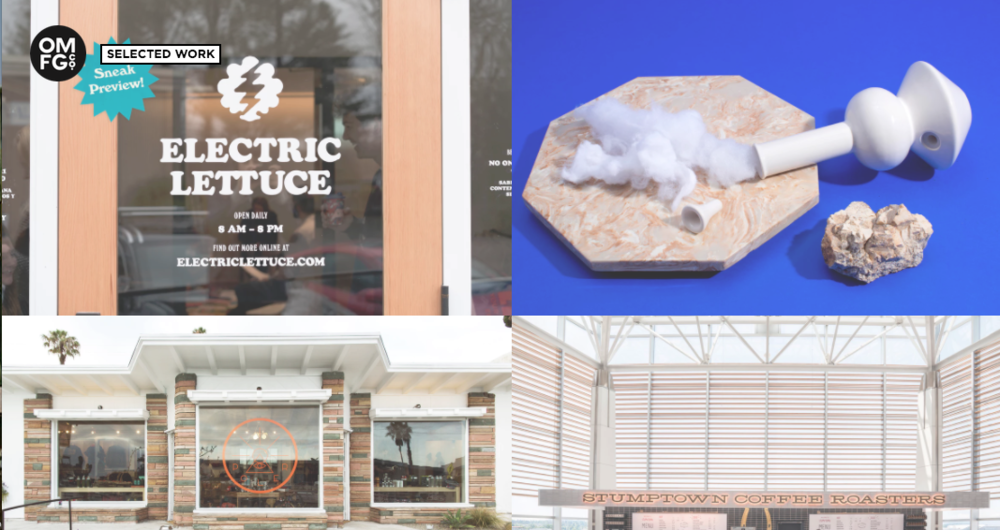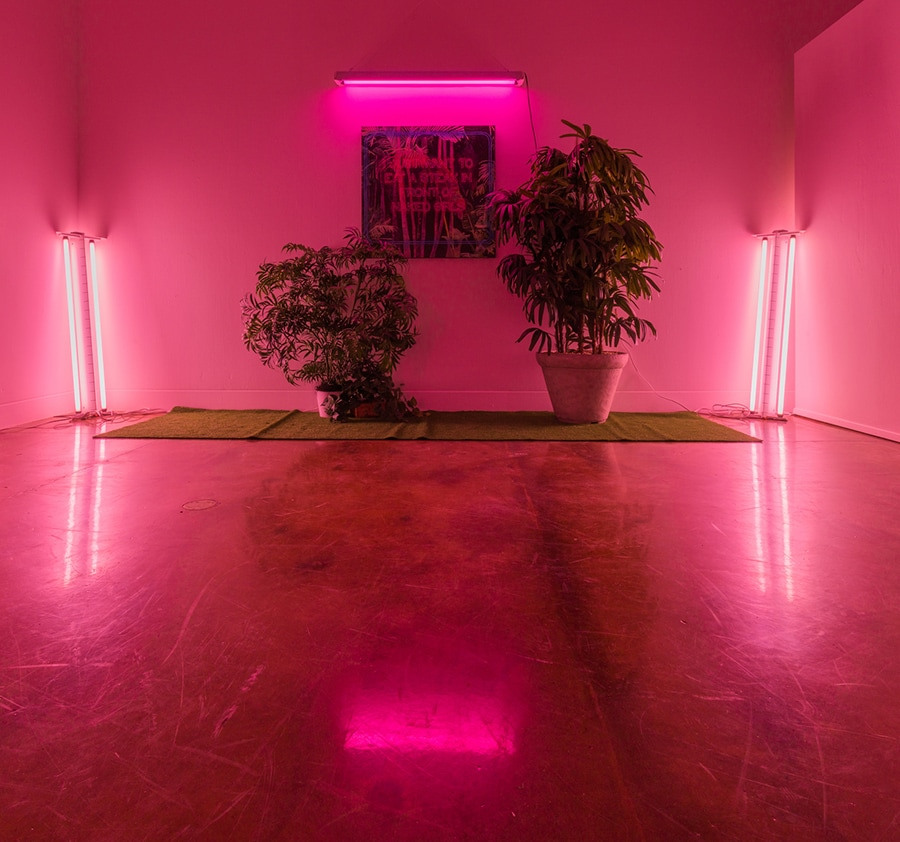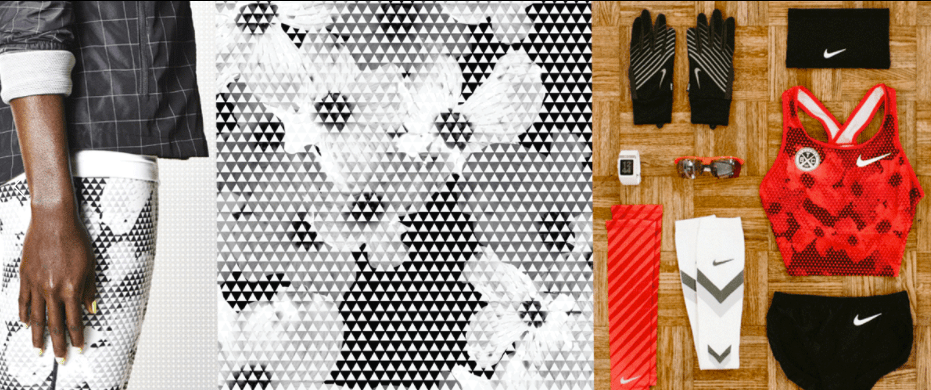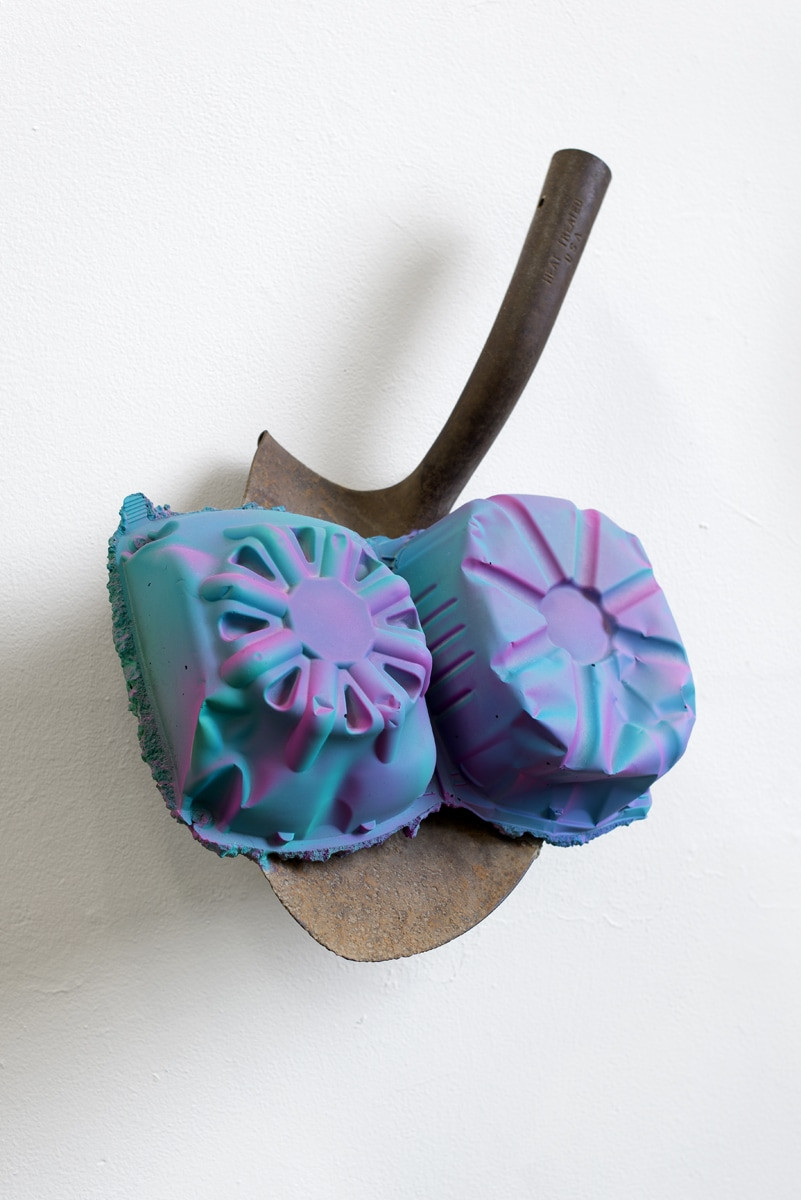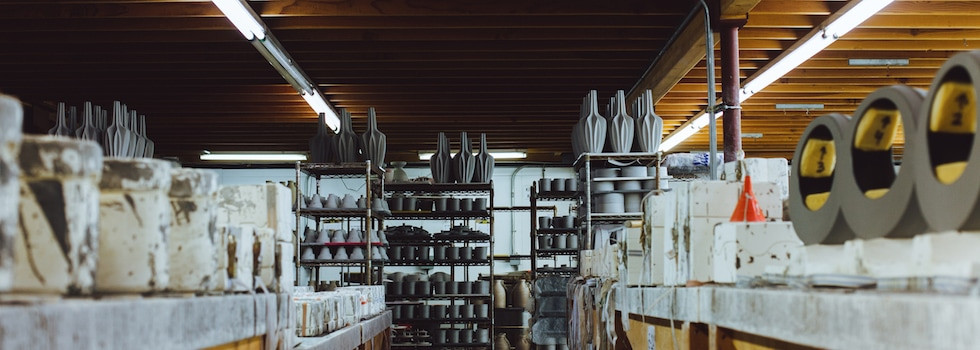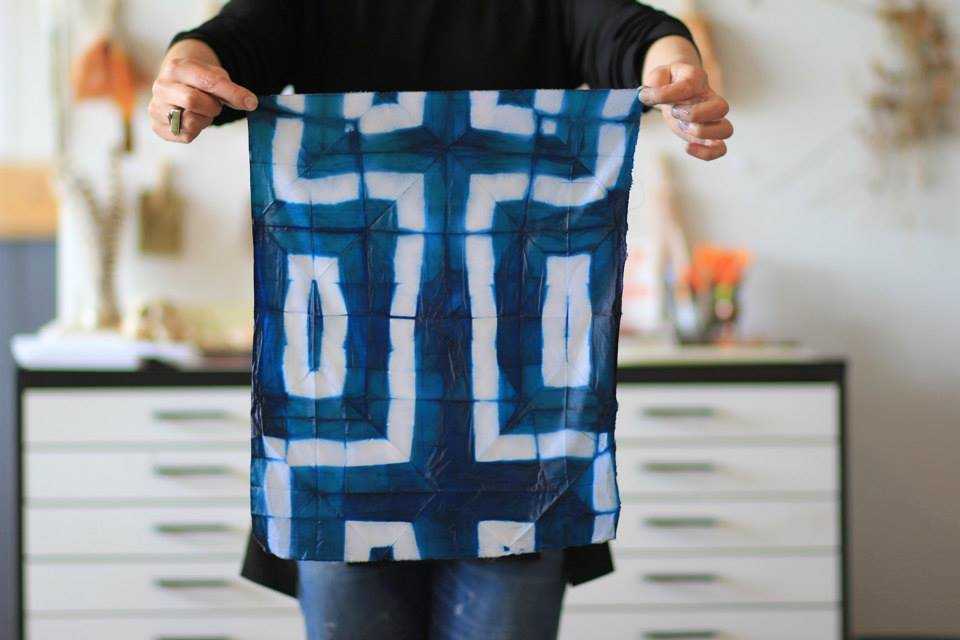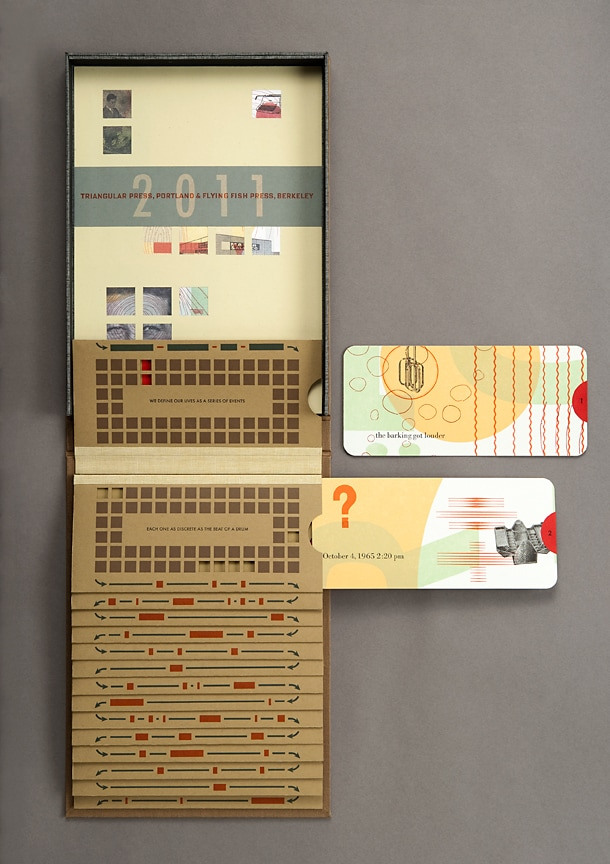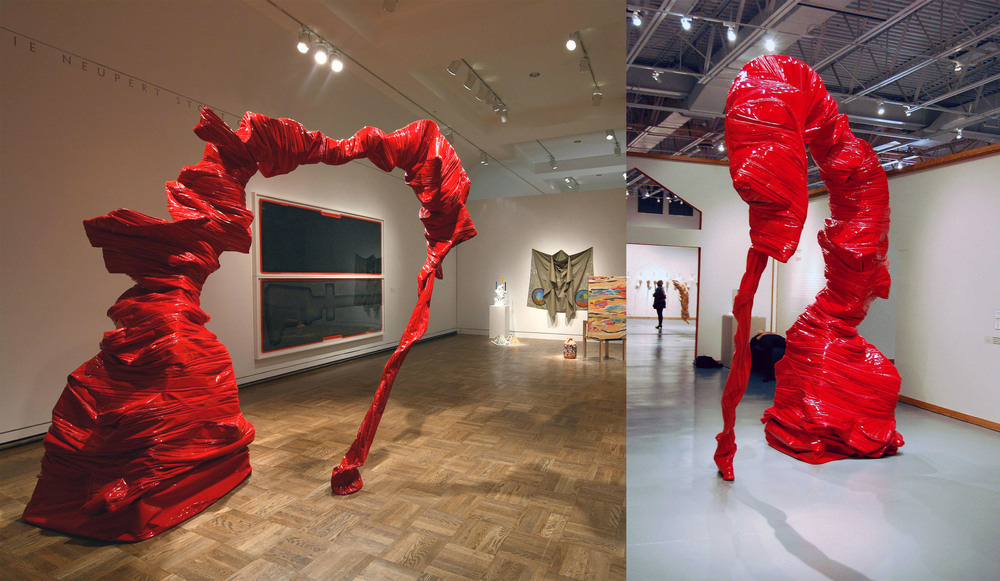Faculty & Facilities
Our faculty embrace a cross-disciplinary approach to making and understanding work. They share an interest in collaboration, and like our students, the faculty represent a wide range of creative practices.
Students’ individual studio spaces are located in a multidisciplinary workshop environment that includes a woodshop, metal shop, ceramics and glazing studio, fibers studio, digital making lab and they also have access to the full range of spaces on our main campus including printmaking, papermaking, and animation.
Department Chair
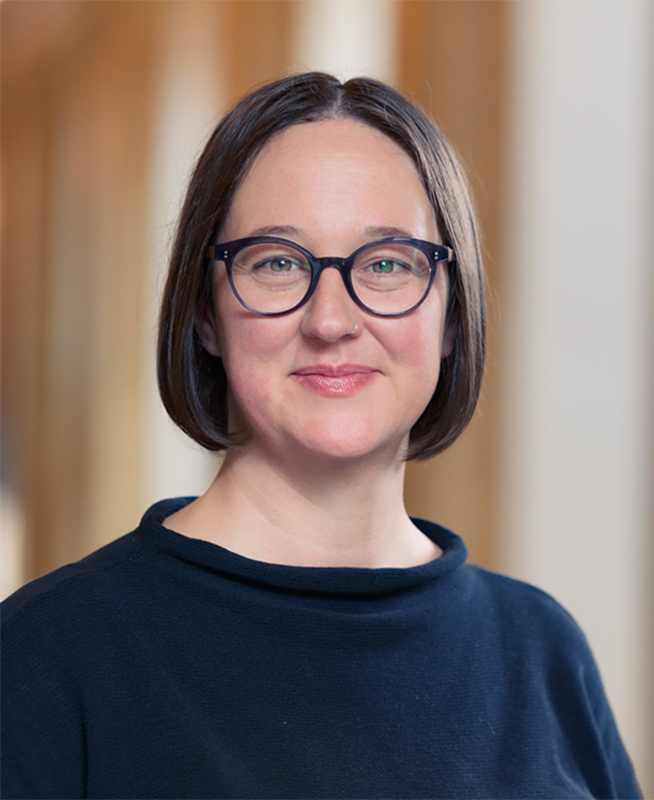
Sara Huston
Program Chair
Sara Huston is a craftsperson, designer, educator, and curator. Her studio, The Last Attempt at Greatness, is cross-disciplinary and engages design, craft, art, and architecture and explores rural life, progress, expectation, liminality, perception and value. Sara's work aims to provoke discourse and contemplation in the viewer or user in an attempt to disrupt conventional ways of thinking, induce reflection and challenge the boundaries of what is known.
Huston was a visiting artist and full-time professor at The School of the Art Institute of Chicago in the Architecture, Interior Architecture and Designed Objects department and has taught at the University of Oregon, Marylhurst University, and Oregon College of Art and Craft. She has served as curator at White Box Visual Laboratory and is a League of Women Designers member. She has shown her works at LeRoy Neiman Center, Chicago; The International Furniture Fair in Cologne, Germany; Portland Art Museum; Bellevue College; and Daimler Chrysler international headquarters, among other national and international locations. Huston is currently the Lecturer Director at the Columbia Grange, a local agricultural learning and community center, in Corbett, Oregon. Sara received an MFA from Cranbrook Academy of Art and a BFA from the Art Academy of Cincinnati.
Faculty
Current Mentors
The mentor-student relationship represents AC+D’s dedication to student centric education. This mentorship is personal and unique and is at the heart of the graduate experience. The role of the mentor requires more than just teaching; the mentor also acts as an advocate, critic and colleague for the MFA candidate. The mentor-based experience encourages a self-designed, independent inquiry while supporting the individual candidate’s thesis needs. Each program connects students with a mentor who directly reflects the candidate’s practice and focus. This one-on-one relationship makes use of the knowledge transfer from mentor to student and creates a supportive environment for the candidate to conduct original research and develop new ideas. The mentor student relationship is personal, unique, and a vital part of the AC+D experience.
Abbie Miller
Adam Arnold
Allison Ullmer
Charissa Brock
Barb Tetenbaum
Ben Buswell
Brett Binford
Brenda Mallory
Chelsea Heffner
Colin Kippen
Courtney Kemp
Crystal Schenk
Dana Lynn Louis
Dayna Pinkham
Daniel Meyers
Dylan Beck
Emily Ginsburg
Jen Stady
Jeremy Pelley
Judilee Fitzhugh
Kari Merkl
Karl Burkheimer
Kristina Gerig
Laura Allcorn
Lauren Sinner
Leslie Viegeant
Lisa Congdon
Loo Bain
Nan Curtis
Randy Higgins
Reiko Igarashi
Rory Sparks
Roz Crews
Ryan Noon
Ryan Burghard
Sarah Wertzberger
Susanna Hohmann
V Maldonado
Zack Banik
Cleo Davis
Jo Hamilton
Karen Lee
Carly Mick
Matt Miller
Hannah Newman
Aleks Pollner
Shops and Studio Spaces
MFA AC+D students have twenty-four-hour access to their own individual studio at all times during their two years in the program.
Students also have access to all labs, shops, libraries and equipment at PNCA’s Glass studios and main campus. Labs are staffed by highly qualified technicians who provide students with technical assistance and instruction, with specialized equipment for Fibers, Fashion, Metals, Wood, Glass, Ceramics, Book Arts, Printmaking, Illustration, Digital Making, and Photography. Several different digital computer labs have professional-level color, large-format printing capabilities.
Each student is provided with opportunities to display work and learn preparatory and installation skills in professional level exhibition spaces.
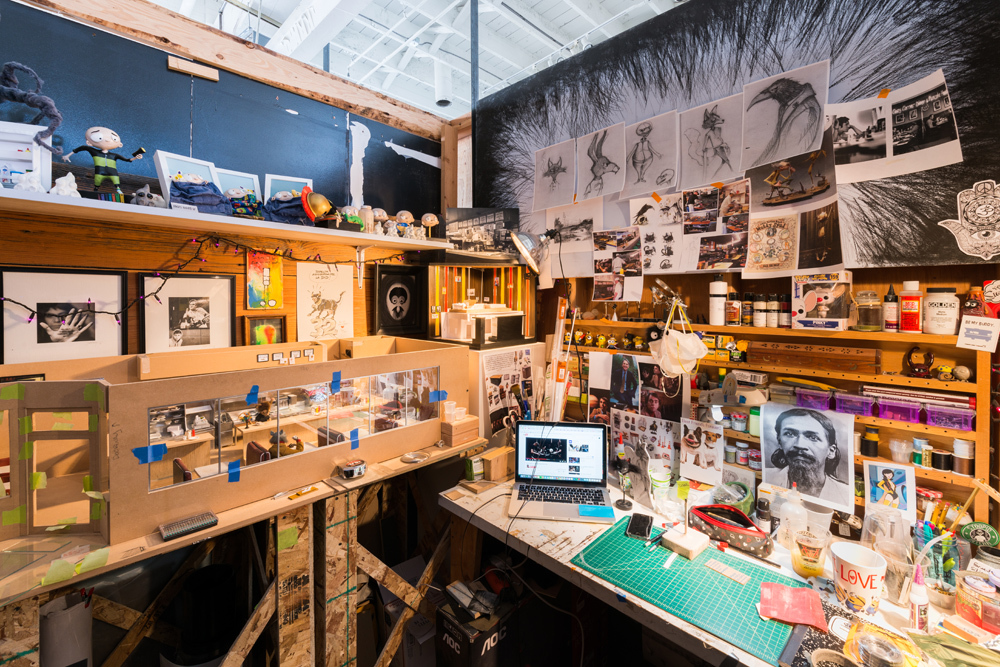
Get in touch
Get in touch with MFA in Applied Craft + Design Program Chair, Sara Huston, to schedule a tour or to learn more.
Get in Touch